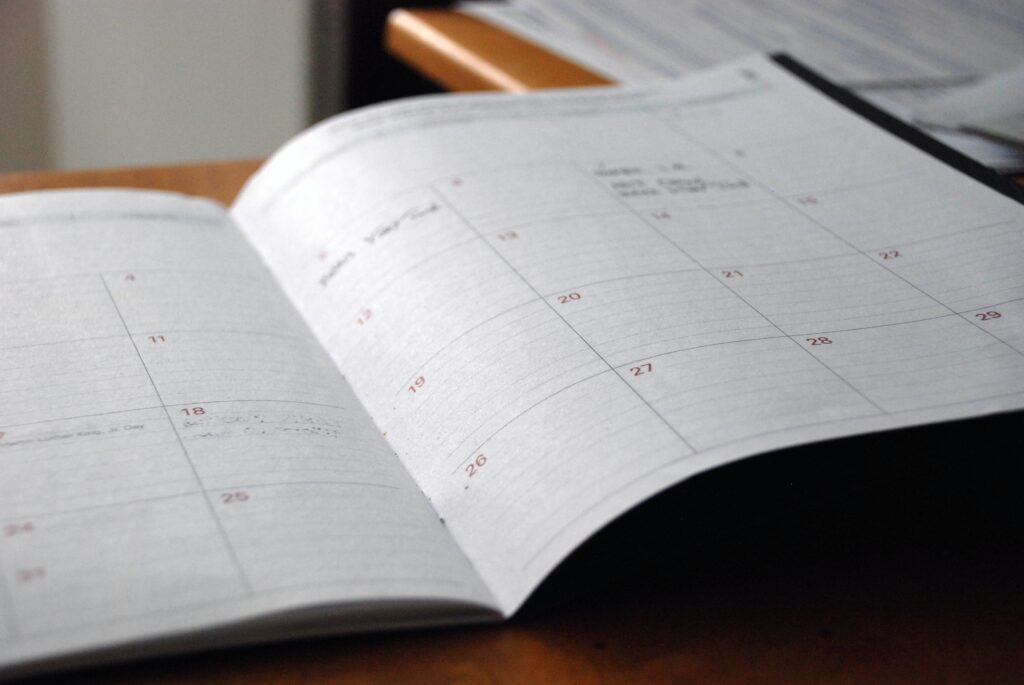The Impact of Daily Prayer on Mental Well-being

In the hustle and bustle of our daily lives, where stress and anxiety often find their way into our hearts, there exists a timeless practice that has proven to be a balm for the soul: daily prayer. Beyond its spiritual significance, prayer has increasingly garnered attention for its positive impact on mental well-being. Let’s delve into the profound connection between daily prayer and mental health, exploring both scientific studies and personal anecdotes that illuminate the transformative effects of this age-old practice.
Scientific Insights: Unveiling the Mind-Body Connection
Numerous scientific studies have delved into the relationship between prayer and mental health, revealing intriguing connections that underscore the holistic nature of well-being. One notable area of exploration has been the impact of prayer on stress reduction. Studies suggest that engaging in regular prayer can lower cortisol levels, the hormone associated with stress. This physiological response aligns with the reported sense of calm and tranquility that individuals often experience after prayer.
Additionally, research has delved into the neurological aspects of prayer. Brain imaging studies have shown that prayer and meditation activate regions of the brain associated with emotional regulation and a sense of peace. These findings provide valuable insights into how daily prayer might contribute to enhanced emotional resilience and overall mental balance.
Personal Narratives: Stories of Transformation
Beyond the laboratory, countless individuals around the world have woven prayer into the fabric of their daily lives and witnessed remarkable transformations in their mental well-being. These personal narratives serve as powerful testimonials to the therapeutic power of prayer.
John’s Story: Finding Serenity Amidst Chaos
John, a busy professional juggling multiple responsibilities, turned to daily prayer as a refuge from the chaotic pace of his life. “Taking those moments each day to connect with something greater than myself has been a game-changer,” he shares. “It’s like a reset button for my mind. No matter how crazy my day gets, I find solace in those moments of prayer.”
Maria’s Journey: Overcoming Anxiety
Maria, who battled anxiety for years, discovered the calming embrace of prayer. “It’s more than just words; it’s a conversation with a source of strength beyond myself,” she reflects. “Over time, I noticed a shift in my mindset. The anxiety didn’t disappear overnight, but prayer became my anchor, helping me navigate the storms within.”
The Ritual of Daily Prayer: A Path to Emotional Resilience
What is it about daily prayer that makes it a potent elixir for mental well-being? Psychologists posit that the repetitive and rhythmic nature of prayer induces a state of mindfulness, fostering a deep connection between mind, body, and spirit. This mindful awareness is known to reduce the grip of negative thought patterns, offering individuals a respite from the whirlwind of stress and anxiety.
Moreover, the communal aspect of prayer, whether done individually or within a group, contributes to a sense of belonging and social support. This communal connection is a known buffer against the adverse effects of stress and is integral to maintaining robust mental health.
In the digital age, where our lives are increasingly intertwined with technology, platforms like PrayDay provide a dedicated space for individuals to cultivate a daily prayer practice. The convenience of digital access allows users to integrate this transformative ritual seamlessly into their routines.
Closing Thoughts: A Daily Prayer, A Renewed Mind
As we navigate the complexities of modern life, the ancient practice of daily prayer emerges as a beacon of hope for those seeking not only spiritual solace but also enhanced mental well-being. Scientific evidence and personal narratives converge to paint a compelling picture of prayer as a source of resilience, serenity, and emotional balance. It invites us to consider the transformative potential that lies within the intentional act of connecting with the divine on a daily basis.
In the words of the psalmist, “Evening, morning, and noon I cry out in distress, and He hears my voice” (Psalm 55:17, NIV). Perhaps, in the rhythm of daily prayer, we find not only a cry for help but a melody of healing for our minds and hearts.
In the quiet moments of prayer, may you discover the resilience to face each day, the serenity to navigate life’s storms, and the assurance that, indeed, your voice is heard.






Responses